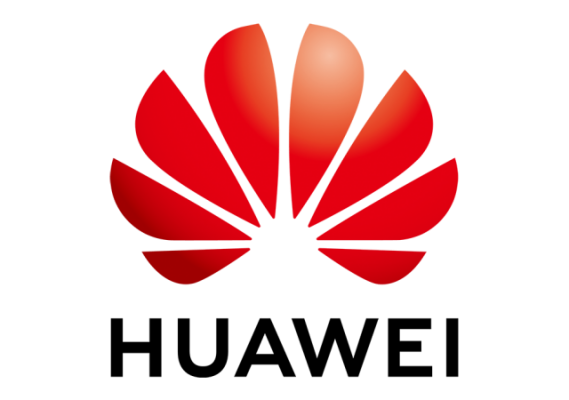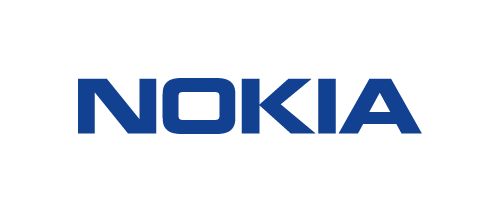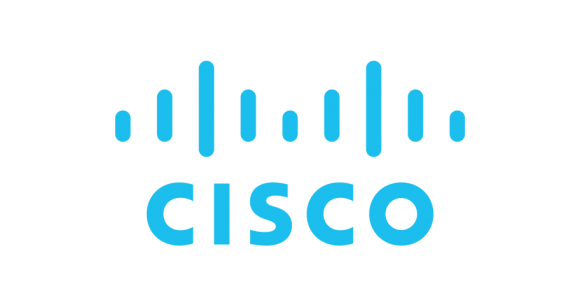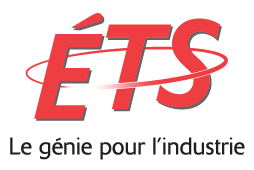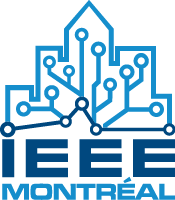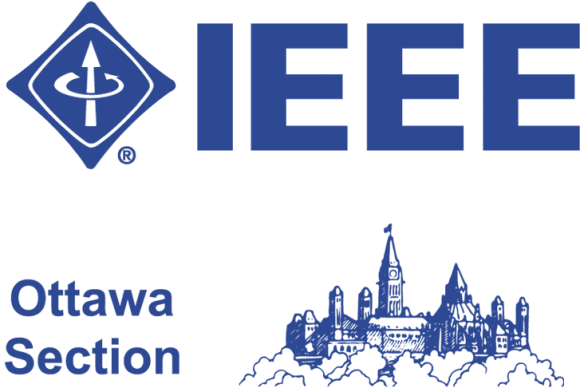Background
Artificial intelligence (AI) and big data are both viewed as the cornerstone to build beyond-5G (B5G) zero-touch automated wireless networks. To harness the full potential of automation, AI algorithms should be driven by the distributed nature of datasets across the network. This distribution is sometimes due to the network topology itself, where performance data collection is performed per domain or node (e.g., radio access, edge cloud) but also produced by the applications running on scattered user devices. In such a case, opting for a centralized data collection system would result in high network bandwidth and energy consumption as well as a significant delay to transfer the data to the classical operational subsystem (OSS). The centralization would also breach the privacy and security of end-user applications. In this context, standardization efforts have been made to decentralize AI algorithms. In ETSI’s zero-touch architecture, for instance, each network domain is endowed with a data collection element that feeds a local AI analytics and decision entity. The central entity plays only the role of a coordinator/model aggregator without having access to the distributed raw datasets.
A successful AI deployment should therefore be distributed in space-ranging from user devices to core network-and evolving in time-from collaborative AI to advanced federated learning. In this intent, active research works have been carried out to come up with efficient distributed AI architectures. The main challenges faced by researchers reside in the cost incurred due to the bidirectional communication between the locally trained models and the global one. This cost is indeed determined by the number of iterations until convergence as well as the underlying energy consumption per channel use. Additionally, deploying AI at edge devices would require the adoption of low-complexity models intended to run on optimized dedicated hardware to preserve battery lifetime. A decentralized solution with complex models is therefore not viable.
Decentralized AI has multi-fold use cases. User devices with dedicated AI chips might benefit from a higher degree of security and privacy since they would prevent the exchange of any raw data with centralized cloud servers. They might also present a quick reaction time with locally taken decisions, which is adequate for low-latency applications as well as for mitigating security risks. On the other hand, the density of network nodes or the exponential increase in user devices would induce no significant complexity since network intelligence is scattered among a massive number of nodes and user equipments offering thereby a high degree of scalability.
Topics of interest include but are not limited to:
-
Distributed Big Data and knowledge distillation for B5G.
-
Federated learning for B5G networks.
-
Decentralized reinforcement learning for B5G networks.
-
Zero-touch network architectures and protocol design for decentralized AI.
-
Decentralized AI schemes with low energy consumption.
-
Decentralized AI for V2X applications.
-
Decentralized resource management and network slicing.
-
Decentralized AI for low latency applications.
-
Decentralized AI for zero-touch PHY and MAC operation.
-
Production platforms for decentralized and federated learning.
-
Decentralized AI for smart cities applications.
-
New business models for decentralized AI.
-
Decentralized AI and Blockchain for B5G.
Keynotes
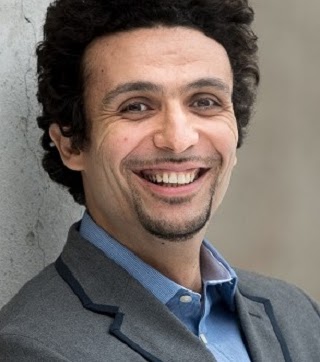
Mehdi Bennis, University of Oulu, FINLAND
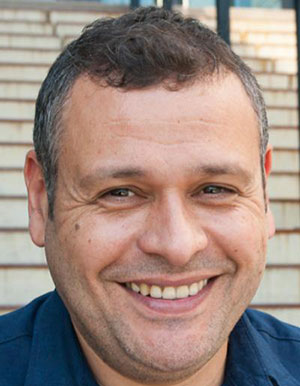
Adlen Ksentini, EURECOM, France
Workshop Chairs
-
Hatim Chergui, CTTC, Barcelona, Spain, hatim.chergui@cttc.es
-
Kamel Tourki, Huawei France Research Center, France, kamel.tourki@huawei.com
-
Mustapha Benjillali, INPT, Rabat, Morocco, benjillali@ieee.org
-
Sofiène Affes, INRS-EMT, Canada, affes@emt.inrs.ca
Important Dates
-
Paper Submission Deadline:
20 January 202119 February 2021 (EXTENDED, FIRM) -
Notification of Paper Result:
20 February 202122 March 2021 -
Camera-Ready:
1 March 2021 31 March 20218 April 2021 (FIRM)
Authors Guidelines
-
Authors are encouraged to submit full papers describing original, complete research, not currently under review by another conference or journal.
-
Accepted papers will appear in the workshop proceedings, and published in the IEEEXplore Digital Library.
-
All submissions should be done via EDAS

DAWN'Z 2021 is organized with the support of the Horizon 2020 ICT-20 project MonB5G (Grant No. 871780 )




